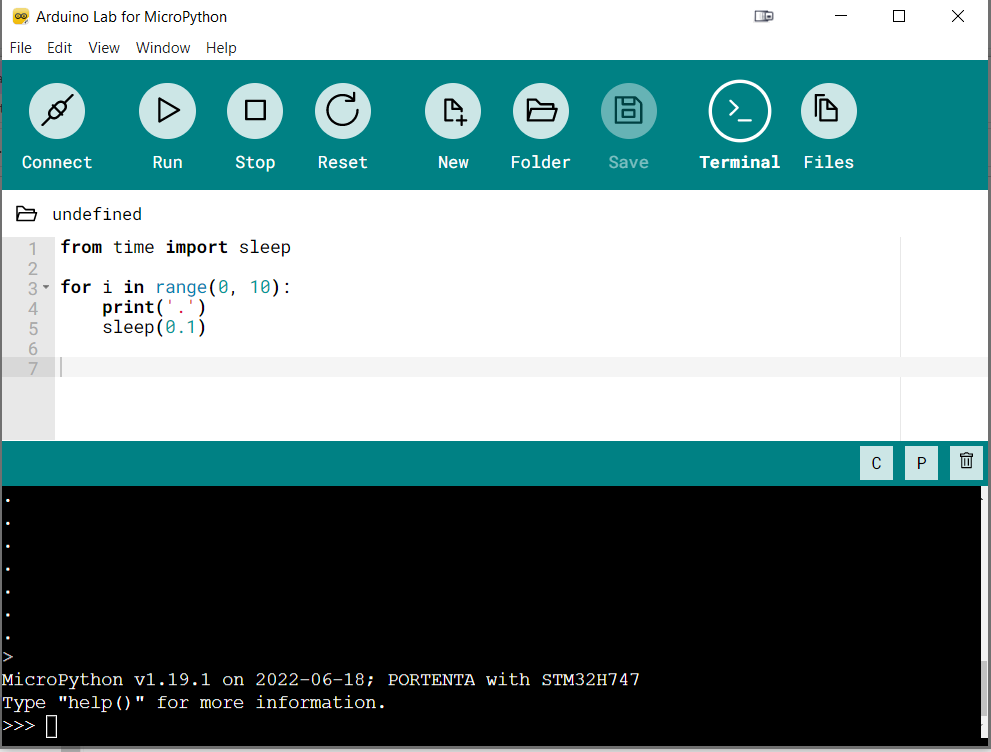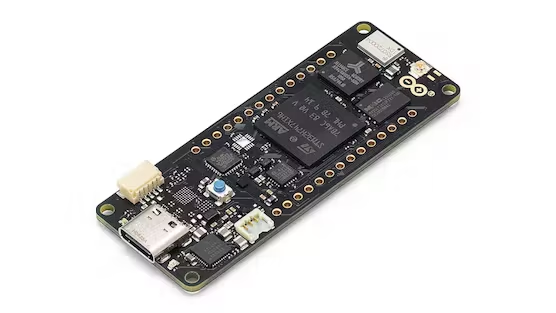Arduino announced the inclusion of MicroPython, a microcontroller-centric port of Python designed for resource-constrained devices, into its development ecosystem. “Given that the Python language has become the number one language for many types of users, we’ve been experimenting with it lately as a possible extension of our programming platform…We’ve partnered with OpenMV to bring them to virtual machines for computer vision. machine to some of our products and enables us to do some incredible things with Nicla Vision (for example).”
Based on this initial experience,Arduino also worked with MicroPython creator Damien George to port the official virtual machine to some Arduino products.Interested users can view it herecode.
As stated by foreign media,This is a major shift for Arduino. Arduino, which has been working on C and C++ for years, will now allow more developers to use Arduino with MicroPython. This is a good choice for those who are familiar with Python and want to build circuits without dealing with complex programming.
MicroPython becomes the second officially supported Arduino language in the project’s history, although it won’t appear as an option in the official Arduino IDE anytime soon. Arduino in collaboration with developer Murilo Poleselaunched new Arduino Lab for MicroPythona simple, cross-platform MicroPython IDE that supports any board with a serial REPL interface, so it can also be used with non-Arduino boards.

Notably,The Arduino team warns that this is not yet an official product, just an experimental tool.“But we want everyone to use it, so we created a new website, Arduino Labs, where we will publish experimental tools to try and give us feedback. We cannot guarantee that they will become fully released products.In the meantime, enjoy and try them out“.
Arduino Lab for MicroPython is now available in labs.arduino.cc Available on 64-bit Windows, macOS, and Linux hardware on x86 processors. Instructions for the MicroPython firmware are available on the Arduino documentation site, but currently only work with the Arduino Nano 33 BLE Sense, Nano RP2040 Connect and Portenta H7 boards. Arduino has yet to announce a timeline for its introduction to other models.

#Arduino #announces #support #MicroPython